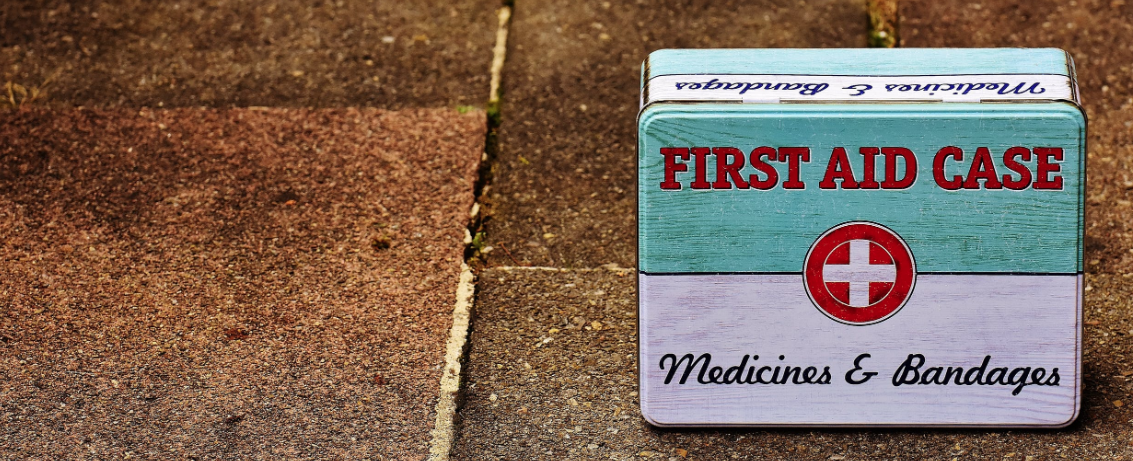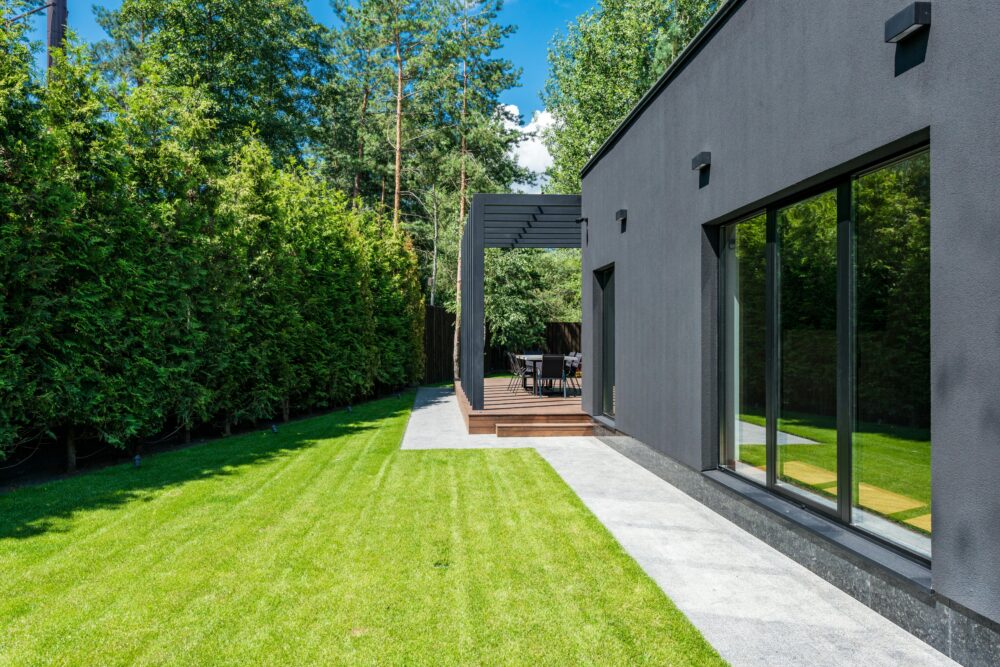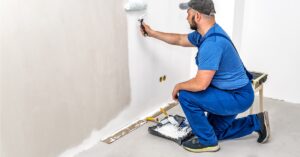
You won’t ever be able to make your home completely safe, but a few simple changes and add-ons could make your life much easier if a disaster occurs. Here is a look at four home upgrades that will greatly improve your family’s comfort and safety in the event of an emergency.
Start With an Emergency Kit
Building a personalized emergency kit is going to be one of the most important steps in this process, and you should check all of the supplies inside that kit at least once a year. A basic emergency kit is going to include bandages, painkillers, gauze, burn cream, flashlights, extra batteries, antihistamines, a radio, and a set of tools. You should also include some extra medication if anyone in your family has prescriptions that they need.
Invest in a Whole-House Generator
A whole-house generator can be a major investment, but that device will be invaluable if the power ever goes out. Once the generator has been installed, it is going to automatically turn on if the power grid goes down, and it should be able to keep most of the appliances in your home running for at least a few days. Before you purchase one of those units, you might need to have a technician calculate your energy needs so that you know how large of a generator to get.
Figure Out an Alternative Source of Water
Keeping a few extra jugs of water in your home is a great start, but you should take a look at alternative sources of water as well. Residential water well pumps are very popular among homeowners, and this type of system could provide your family with all of the water that they will ever need in an emergency. You must also install a world-class filtering system so that you can continue to use the well if the local water reservoir becomes contaminated.
Install and Properly Maintain Alarms and Sensors
Maintaining all of the alarms and sensors throughout your home is incredibly important, and most experts recommended that you test those devices at least once a month. Smoke and fire alarms are a great start, but there are some other safety devices that you should think about installing as well. That includes moisture sensors, glass break sensors, sump pump alarms, and asbestos testing kits.
In addition to these few tips, you must also make sure that your home and all of your possessions are properly insured. Without a comprehensive insurance policy, it could take you years to get back on your feet after a natural disaster or some other type of emergency.


